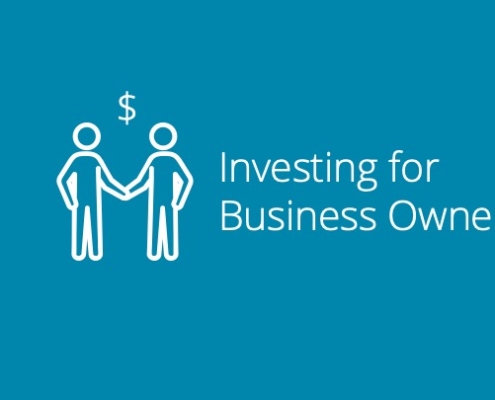
Investing as a Business Owner 2023
Many business owners have built up earnings in their corporation and are looking for tax efficient ways to pull the earnings out to achieve their personal and business financial goals. We outline the factors to consider when investing as a corporation.
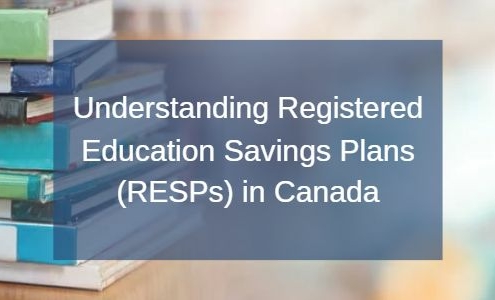
Understanding Registered Education Savings Plans (RESPs) in Canada
Dive into the details of Registered Education Savings Plans (RESPs)! This guide covers how RESPs work, eligibility criteria, benefits, and government grants such as the Canada Education Savings Grant. Learn how to open an RESP and safeguard your child's educational future.

Retirement Planning
Most of us understand the benefits of sensible retirement planning but when it comes to actually creating your personal retirement strategy and putting it into effect it doesn’t feel quite as straightforward. The reality is that, while there are lots of variables to consider, it isn’t as difficult to create an effective plan for retirement as you may think.
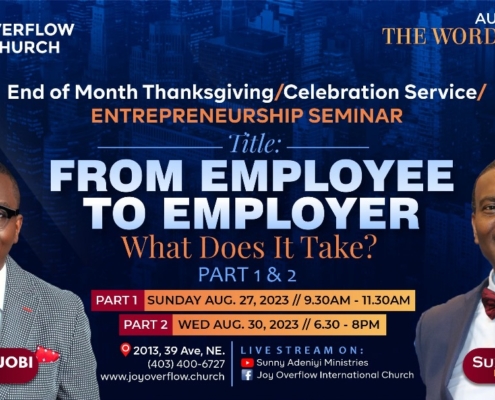 https://aquafinancialconsulting.com/wp-content/uploads/2023/08/368217005_256785620598092_2669825859587107495_n.jpg
607
1080
alana
https://aquafinancialconsulting.com/wp-content/uploads/2020/04/aqua-logo-revised@2x.png
alana2023-08-28 10:26:362023-08-28 10:27:41JOICC Entrepreneurship Seminar/August 2023 End of Month Thanksgiving & Celebration Service!
https://aquafinancialconsulting.com/wp-content/uploads/2023/08/368217005_256785620598092_2669825859587107495_n.jpg
607
1080
alana
https://aquafinancialconsulting.com/wp-content/uploads/2020/04/aqua-logo-revised@2x.png
alana2023-08-28 10:26:362023-08-28 10:27:41JOICC Entrepreneurship Seminar/August 2023 End of Month Thanksgiving & Celebration Service!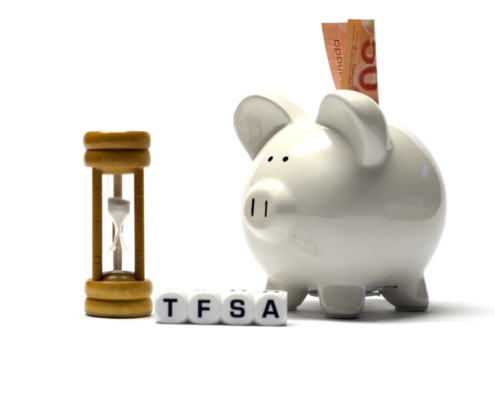
Understanding Tax-Free Savings Accounts (TFSAs)
A Tax-Free Savings Account is a powerful tool to help you achieve your financial goals. Whether you're saving for a new home, planning for retirement, or investing in your children's education, a TFSA can be a valuable part of your financial strategy. The flexibility and tax advantages it offers make it a great choice for many Canadians.
Remember, the sooner you start, the more time your investments have to grow tax-free. Every dollar counts when you're planning for the future, and a TFSA can help you make the most of your savings.
Don't wait until tomorrow to start planning for your future. Contact us today to begin your journey to financial security today.

Permanent versus Term Life Insurance – What are the Differences?
You know you need life insurance – but you’re not sure which kind is best for you. There are two main kinds of life insurance:
• Permanent, which lasts for your entire life. Premiums can be more expensive, but you can also use the policy to build up cash value.
• Term, which is only good for a set amount of time. Premiums are less expensive, and you cannot build up cash value – but coverage is easy to get and understand.
We can help you determine which type of insurance is best for you and how much it will cost you.
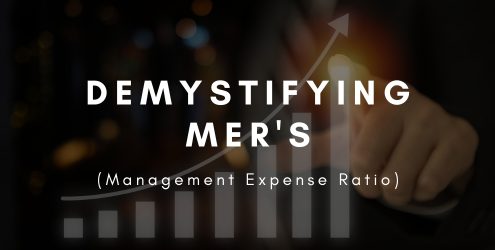
Demystifying MER’s (Management Expense Ratio)
Investing in a fund involves knowing its associated costs, and the Management Expense Ratio (MER) is a crucial factor to consider. The MER is a percentage of the total assets in the investment fund that covers the fund's operating and management costs. It's important to note that the MER is subtracted from your investment returns, so a higher MER will result in lower net returns for you. For example, if a fund's expenses amounted to 2% of its assets, its MER would be 2%. It's crucial to understand the MER of a fund to make informed investment decisions and ensure that you're getting the most value for your money. In this article and infographic, we will break down the various components of the MER to help you better understand it.
 https://aquafinancialconsulting.com/wp-content/uploads/2023/05/wale-gbalajobi.jpeg
805
920
alana
https://aquafinancialconsulting.com/wp-content/uploads/2020/04/aqua-logo-revised@2x.png
alana2023-05-23 11:28:532023-05-23 11:30:09Nigerian-born Wale Gbalajobi receives Queen Elizabeth II’s platinum jubilee medal for exemplary community service in Canada
https://aquafinancialconsulting.com/wp-content/uploads/2023/05/wale-gbalajobi.jpeg
805
920
alana
https://aquafinancialconsulting.com/wp-content/uploads/2020/04/aqua-logo-revised@2x.png
alana2023-05-23 11:28:532023-05-23 11:30:09Nigerian-born Wale Gbalajobi receives Queen Elizabeth II’s platinum jubilee medal for exemplary community service in Canada
First Home Savings Account (FHSA): What You Need to Know
Are you looking to buy your first home in Canada? The First Home Savings Account (FHSA) could help make it happen. This savings plan allows first-time home buyers to save up to $40,000 tax-free, with contributions being tax-deductible. In this article and infographic, we cover everything you need to know about FHSA, including eligibility requirements, contributions and deductions, qualifying investments, withdrawals, and transfers.
